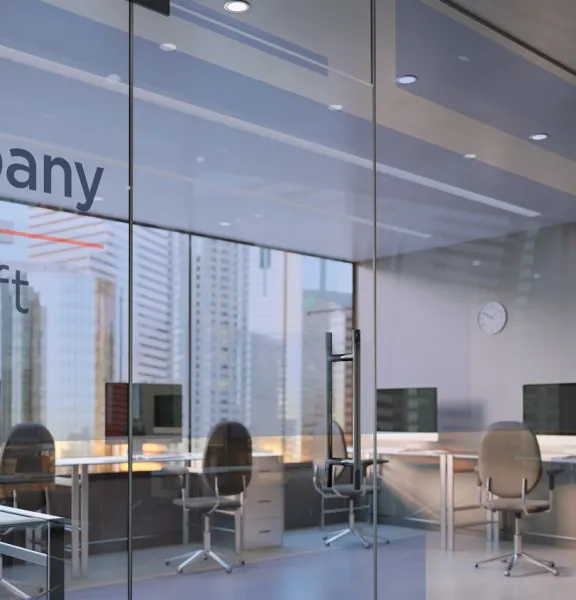February the 11th, 2021 has been a day of celebration for thousands of practitioners across the planet. It marked 20 years since 17 software engineers came together for a weekend in a ski resort in Snowbird, Utah (US). Their aim was to understand how they could change their way of working to help develop software more effectively. The result was the Agile Manifesto, but the signatories had no idea how quickly their ideas would spread beyond their industry.
On the occasion of the #AgileManifesto20thAnniversary a special (virtual) event was organized with the participation of Alistair Cockburn, John Kern, Robert Martin, Jim Highsmith, Arie Van Bennekum, James Crenning and Stephen Mellor. Seven out of the 17 original manifesto signatories came together after twenty years since their first ski weekend and shared with the world their personal stories behind the manifesto. Alistair himself was in Springboard and broadcasted live from the same room where it all started.
Some key take-aways from the very lively panel discussion.
When you join a discovery, workshop leave your ego at the door. Arie Van Bennekum joked about “What happens when you put 17 people in one room? Nothing good can happen.” However in this case, the people joining the workshop were facing a serious challenge and although each one of them came from a different area or was favoring a different approach, they all committed in leaving their differences outside the room and focus only on finding the common things and what brings them together. They kept rewriting statements, discussing and then restating some more the famous manifesto for two days, until they reached unanimity. The result was a one pager website which at that point they thought no one would ever read. Given the absence of Social Media back in 2001 they were taken by surprise by the appeal the manifesto had, becoming very popular mostly via articles until it grew to a real movement. Their own interpretation of why the manifesto became so widely accepted. Simply because they had been doing SW development wrong for the previous 30 years and people could relate to the promise of doing things finally better.
The people aspect is the most important in the manifesto. For those of us who did not know, the manifesto is actually ordered by intention. This means that the “Individuals and interactions over processes and tools” statement has been listed first to highlight that there are no technical problems, only people problems. The idea behind the manifesto was to make people happier (both programmers and customers). At this point they also revealed that 20 years later all signatories have kept silent regarding who proposed which statement. They consider the manifesto to be collective work. When asked if they would correct something 20 years later, they all agreed they would not. Back in 2001, they were fighting a battle against PMI, CMMI and RUP which they felt as constraints in their daily effort to build good SW and have fun while doing it. The manifesto was their answer to handle their daily struggles, a snapshot of what their solution was to the problem they were facing. As such the manifesto should never be updated. If the problem is now different, people should get together and come up with a new approach.
The manifesto is still relevant. At its core, Agile addresses a business need which is still relevant. And if you replace the word SW with product it explains why it is now adopted across diverse industries, from Manufacturing, to Finance, Oil, Mining or Marketing. Twenty years later, the manifesto should be used as a source of inspiration to come up with better ways to develop products and embrace change.
As a closing remark, the panelists agreed that the manifesto had a significant impact on their personal and professional development, especially in Leadership. In their own words: “Always a student, never a master”. And Jon Kern could not resist commenting: “Despite some two-day courses that certify you as a Master”.
The festivities for the #AgileManifesto20thAnniversary will continue all through February with many events, panel discussions and workshops. Participation in The Agile20Reflect Festival is virtual and free.
Author: Elena Kopanou.

